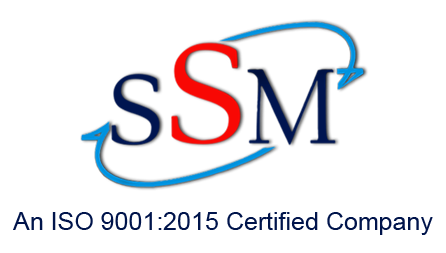Topic 1.1.1 – Concept of Summaries and Data Replication
About Tiered Historians
Data from one Historian Server can be replicated to one or more other Historian Servers, creating a tiered relationship between the historians.
You can set up Historian Servers in a variety of tiered configurations. In a common configuration, data from multiple individual historians (called Tier-1 historians) is fed into a single centralized historian (called a Tier-2 historian), enabling smaller historians to collect localized data, and aggregate this information to the Tier-2 system.

About Summarized Data
Summarized data is a type of replication that provides low-resolution summaries of high-resolution data that is quicker to access and analyze that data stored in its raw state.
Using a local replication server, analog and state summary data can be stored for quick retrieval by configuring special replication tags that correlate with the source tag.
Summary replication involves analyzing and storing statistical information about the tag value at the Tier-1 Historian. This occurs at an interval you specify, called the calculation cycle. The algorithm used for the summaries is the same as for the summary retrieval modes. However, when a summary computation is performed on a Tier-1 tag with multiple values at the same time, the order of these values cannot be guaranteed and the summary may differ from the summary computed by the replication service at run time.
The result of the calculation is sent to the Tier-2 Historian to be stored or is saved locally, depending on the topology, with the timestamp of the cycle.
The result of the calculation can be stored on the Tier-1 (local) Historian, or sent to a Tier-2 (remote) Historian to be stored with the timestamp of the cycle. There are two types of summary replication.
- Analog summary replication
- State summary replication
The results of summaries are stored on the Tier-1 or Tier-2 Historian using an analog summary or state summary tags.
1. Analog Summary Replication
Analog summary replication produces summary statistics for analog tags. The statistics relate only to the recorded interval. Statistics available are:
- Time-weighted average
- Standard deviation
- Integral
- First value in a period with timestamp
- Last value in a period with timestamp
- Minimum value in a period with timestamp
- Maximum value in a period with timestamp
- Start time of summary period
- End time of summary period
- OPC Quality
- Percentage of values with good quality
- Value
When you retrieve the data, you specify which calculation you want to return.
The functionality provided by analog summary replication is similar to using the minimum, maximum, average, and integral retrieval modes.
2. State Summary Replication
Summary replication can be applied to analog (integer only), discrete, and string tags.
You use this for analyzing process variables with a limited number of states, such as a machine’s state of running/starting/stopping/off. State summary replication provides the following, for each distinct state:
- Total time
- Percent of the cycle
- Shortest time
- Longest time
- Average time
- OPC Quality
- Value
A state summary results in a series of values, each representing a different state, for the same tag and time period. When you retrieve the data, you specify which calculation you want to return.
Replication Schedules
Each real-time summary has a specified schedule by which the summary is calculated and stored in the local Tier-1 historian or sent to the Tier-2 historian to be stored with the timestamp of the cycle.
There are two types of replication schedules.
- Periodic replication schedules – You can configure a summary to replicate based on a cycle such as 1 minute, 5 minutes, 1 hour, 1 day, and so on. The cycle boundaries are calculated starting at midnight, Tier-1 server local time, and continue in fixed time increments. The time between cycles is constant within a day even through a daylight savings change.
- Custom replication schedules – Custom schedules force replication cycles to occur at fixed times of the day in Tier-1 server local time. You choose the fixed times of day.
Replication Groups
A replication group abstracts a tag from a schedule. You can assign multiple summary tags to a single replication group.

Multiple groups can be assigned to a single schedule. This simplifies maintenance. If you need to edit the schedule (for example, change the time of day for a shift end), you only need to edit the replication schedule, not the individual groups or summary tag configurations.

A replication group must be unique for a type of summary tag, either analog or state. You can, however, have the same group name for analog summary tags as you do for state summary tags. You can also have the same replication group defined in multiple servers.

